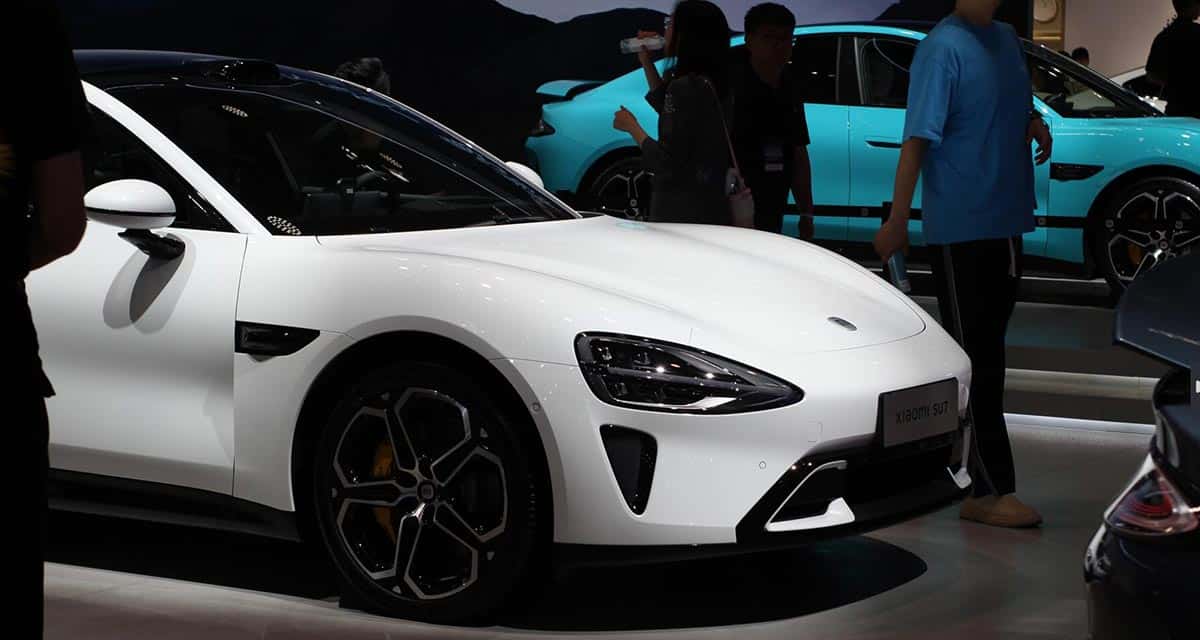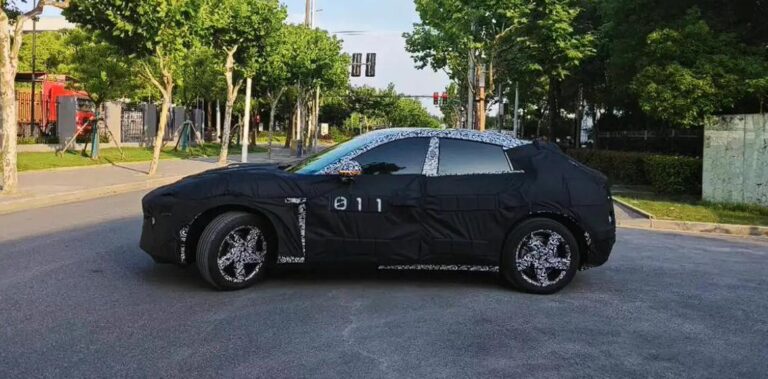Xiaomi will use a new business model for its third model, replacing automotive-grade parts that aren't safety-related with consumer-grade hardware, according to local media.

The third model from Xiaomi EV, the car-making arm of Xiaomi (HKG: 1810, OTCMKTS: XIACY), will be an extended-range electric vehicle (EREV) and SUV (sport utility vehicle), local media outlet 21jingji said in yesterday's report, citing multiple sources.
The model will target family users and will be launched in 2026, according to the report.
Xiaomi has high expectations for the EREV, which has seen two proposed iterations come out at the pre-research stage, the report said, citing a source close to Xiaomi with knowledge of the matter.
Meanwhile, Xiaomi will use a new business model for its third model, replacing automotive-grade components that aren't safety-related with consumer-grade hardware, according to the report.
For example, Xiaomi may support cockpit-related cameras with consumer-grade chips, as this is not safety-related, the person familiar with the matter said.
Unlike traditional car companies, Xiaomi wants to let users add more features to their vehicles after they get their cars, according to the report.
At its upcoming launch event in July, Xiaomi will not only unveil new phone-related products, but also reserve some time for cars, and may release some information about new models, the report said.
Xiaomi EV's second model will be an all-electric SUV, internally codenamed Lemang, to take on the Tesla Model Y, which is expected to launch in the first half of 2025, according to 21jingji.
Its EREV model, internally codenamed Kunlun, will take on the Li Auto (NASDAQ: LI) and will launch in 2026, the report said.
Compared to battery electric vehicles (BEVs), plug-in hybrids (PHEVs) -- including EREVs -- are seen as free of range anxiety, and therefore more accepted by the average consumer, thus giving them more room in the market.
The most recognizable player in the EREV space is Li Auto, and its success, especially its significant growth throughout 2023, is proof that EREVs are more accepted.
Neta Auto, and Leapmotor are also offering EREVs, all of which initially offered only BEVs.
IM Motors' 5th model will use extended-range technology, its co-CEO Tao Liu told local media in February.
On October 5, 2023, local media outlet 36kr reported that Xiaomi EV will develop EREVs and has already planned for them.
Notably, on January 10, Xiaomi EV said on Weibo that it would have no EREVs in the coming years.
Xiaomi launched the SU7, the all-electric sedan that is its first model, on March 28. The SU7 is offered in three variants -- standard, Pro, and Max -- with a starting price of RMB 215,900 ($29,700), RMB 245,900, and RMB 299,900, respectively.
The model has enjoyed unprecedented success since its launch, and customers who currently order the Xiaomi SU7 will have to wait about 30 weeks for delivery, according to data monitored by CnEVPost.
Xiaomi EV would deliver more than 100,000 units in 2024 and challenge the delivery target of 120,000 units, Xiaomi management previously said.
($1 = RMB 7.2724)
